The distinctly American catharsis of the Thanksgiving movie
Dysfunction, anxiety, and 1 big bird

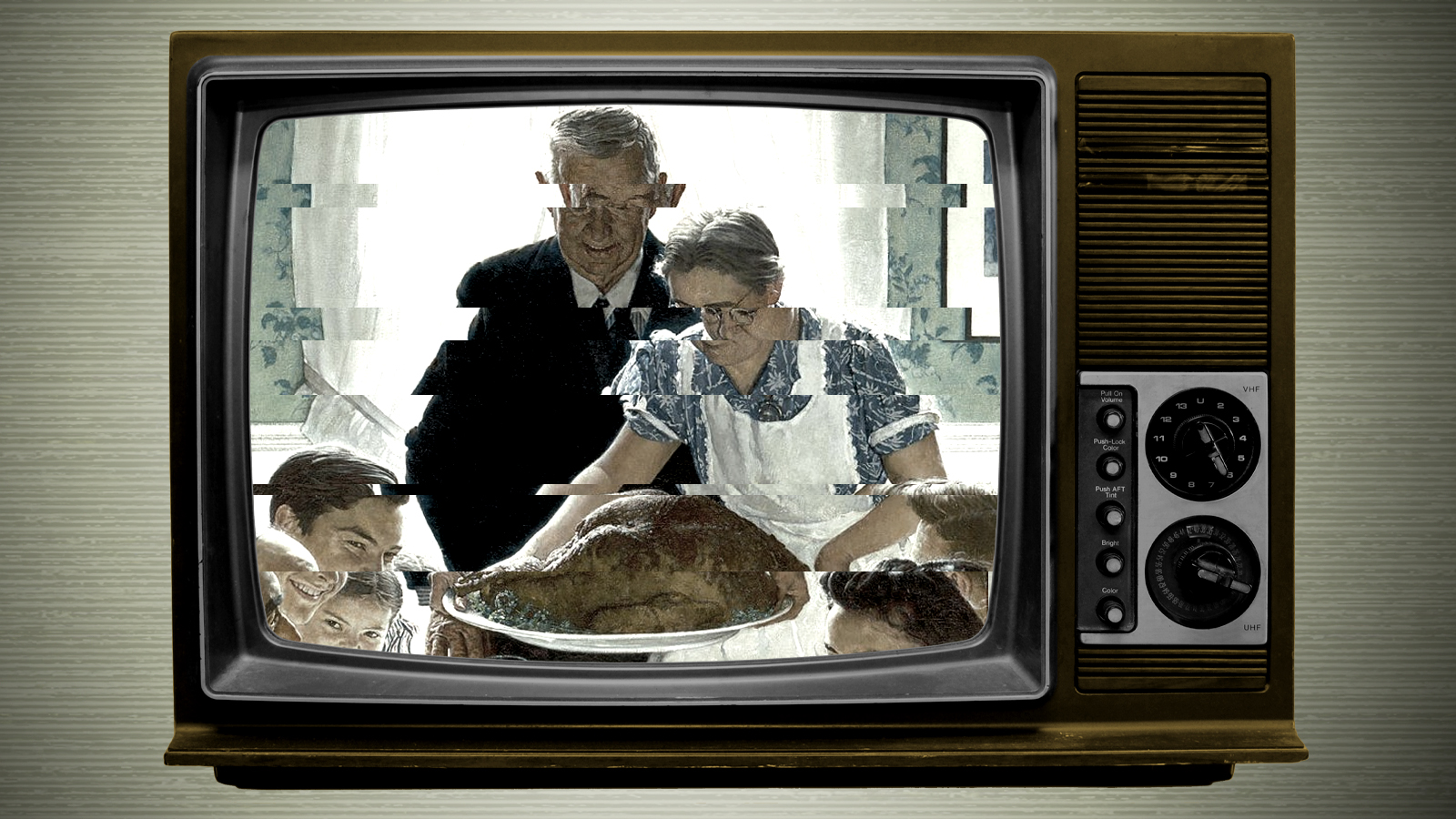
A free daily email with the biggest news stories of the day – and the best features from TheWeek.com
You are now subscribed
Your newsletter sign-up was successful
Christmas movies run the gamut from rom-coms (Last Holiday) to action films (Die Hard) to gleefully ribald comedies (Bad Santa). But there is really only one kind of Thanksgiving movie: the dysfunctional family drama.
These are the movies about family fall-outs, reconciliations, and revelations, and they constitute what the late critic Roger Ebert called "a uniquely North American group of films." From young people reinventing and re-purposing culinary traditions in front of their horrified elders, to travel nightmares and long-suppressed grievances and traumas coming to the surface, Thanksgiving cinema can be alternately uproarious and cringe-inducing. The best examples of the genre, though, typically manage to combine both into relatable stories that reflect and soothe our universal holiday anxieties.
One recurring theme is the tension between the generations. In Pieces of April (2003), Katie Holmes stars as April, a 20-something New Yorker who drags her terminally ill mom, as well as her dad, siblings, and grandmother, down from Upstate for Thanksgiving dinner in the city. The film captures a certain indelible only-in-your-20s angst over inheriting family traditions, recreating suburban holiday conventions in cramped urban apartments, and the sheer scale of the operation required to serve the expected feast.
The Week
Escape your echo chamber. Get the facts behind the news, plus analysis from multiple perspectives.

Sign up for The Week's Free Newsletters
From our morning news briefing to a weekly Good News Newsletter, get the best of The Week delivered directly to your inbox.
From our morning news briefing to a weekly Good News Newsletter, get the best of The Week delivered directly to your inbox.
April is the family black sheep, and her oven breaks early in the film; some of Pieces of April's best scenes involve her knocking plaintively on her neighbors' doors to ask for help. Making matters worse, April's family appears to have only made the trip to the city in order to ultimately avoid spending more time with her. "This way, instead of April showing up with some new piercing or some ugly new tattoo and, God forbid, staying overnight … we get to show up, experience the disaster that is her life, smile through it, and before you know it, we're on our way back home," April's mother Joy (played by a scene-stealing Patricia Clarkson) says in the car. A bait-and-switch subplot about April's boyfriend Bobby (Derek Luke), who is Black, has not aged well at all, but it does represent another of the chief stressors of Thanksgiving: introducing a new partner to the family.
Krisha (2015) is another film about a family black sheep, though it is very much not a comedy. At times almost unbearably tense, it revolves around the homecoming of the titular character, a 60-something recovering alcoholic (Krisha Fairchild), for Thanksgiving, where she has promised to cook the turkey for her enormous and skeptical clan. Director Trey Edward Shults (who would subsequently helm the superb post-apocalypse film It Comes at Night) cast mostly his own non-professional family members and filmed in his parents' house in Texas. The verité style is unnerving and disorienting, enhanced by the intrusive score of a horror film. Krisha is a tormented soul, and her family's wariness of her seems well-earned. For anyone who has watched a family member descend into substance abuse, Krisha will make for particularly uncomfortable viewing.
Immigrants and historically marginalized people — not all of whom might otherwise be inclined toward patriotic revelry — also feature in the Thanksgiving genre. What's Cooking? (2000) is a turn-of-the-century time capsule that depicts the secrets and struggles of four loosely connected families: one Black, one Latino, one Jewish, and one Vietnamese-American. In each family, someone is struggling for acceptance: Michael (Eric George) has lost the affection of his father (Dennis Haysbert) when he drops out of business school at Stanford and prepares to pursue African American Studies at Howard. Gina (Isidra Vega) brings her Vietnamese-American boyfriend Jimmy (Will Yun Lee) home to meet her family, while Jimmy skips the holiday with his strict immigrant parents, who are struggling with their children's assimilation into American culture. Carla (Juliana Margulies) and Rachel (Kyra Sedgwick) are a lesbian couple still forced to sleep in separate beds by Rachel's conservative parents.
What's Cooking? veers into tired melodrama in the final act, but it remains notable for the way it deftly prefigures contemporary culture wars. There are closeted lesbians, uncomfortable discussions of Ebonics, interracial couples, and a reactionary California governor who wants to crack down on immigration and welfare cheats lurking over it all (presumably based on Republican Pete Wilson, who signed the state's infamous Proposition 187 in 1994). It's also a reminder that the tense holiday dinner conversation didn't begin with former President Donald Trump. And beneath the movie's simmering Y2K politics are human beings who want to be accepted, loved, and forgiven by the people closest to them.
A free daily email with the biggest news stories of the day – and the best features from TheWeek.com
In What's Cooking?, like many Thanksgiving films, the dreaded holiday travel mostly happens off-screen before the real action begins. One film that stands out for being solely about the "getting there" aspect of Thanksgiving is the legendary comedy Planes, Trains and Automobiles (1987). Marketing executive Neal (Steve Martin) is on his way home to Chicago for Thanksgiving from a business trip in New York City when he runs into Del (John Candy), a shower-curtain ring (!) salesman who steals Neal's cab to LaGuardia Airport. Their fates become entwined again and again when their flight is diverted to Wichita, their train to St. Louis breaks down, and their adventure then goes even more hilariously sideways. Known to some mostly for the iconic scene in which Neal berates a rental car agent with an expletive-studded demand for a vehicle, any vehicle, the movie speaks to all who feel mounting anxiety at the thought of mobbed holiday airports, long lines, and the ever-present threat of getting stranded in the middle of nowhere by bad weather or misfortune.
What is a classic staple of the Thanksgiving genre is, of course, some version of the Bird Struggle: burned turkeys, turkeys falling on the floor, undercooked turkeys, and arguments over whether the turkey is done, all in the service of a creature that really does require extraordinary effort not to taste like expensive cardboard. "Look at all the work just to make the food have some taste," quips the Vietnamese grandmother (Kieu Chinh) in What's Cooking?. Generations of American chefs conscripted into turkey duty can sympathize.
In Home for the Holidays (1995), the ill-fated turkey ends up spilled all over Joanne (Cynthia Stevenson), the homophobic sister of the main character, Claudia (Holly Hunter). A freshly-fired Chicago single mom — Chicago is in so many of these movies, perhaps because of the legendary winter delays at O'Hare International Airport — Claudia returns to Baltimore for Thanksgiving with her parents, sister, and brother. Sibling rivalry dominates the film, which revolves around Claudia's brother Tommy (Robert Downey, Jr.), who brought his friend Leo (Dylan McDermott) as a ruse to avoid telling his parents about his recent marriage to Jack (Sam Slovick). Like so many dysfunctional family dramas, the real tension in Home for the Holidays is between relatives who have trouble accepting that people who share their DNA have made such wildly divergent choices with their lives.
What these films, and the many others about Thanksgiving, illustrate is how a holiday intended to cement family bonds often has the unintentional effect of fraying them.
Even if you come from a loving, functional family with no history of trauma or resentment, you'll recognize some of the inevitable stresses involved in traveling long distances to cram into a house together, all while trying not to let the brevity of the reunion place too much pressure on everyone to enjoy it. It isn't actually politics that many people find most taxing about holiday gatherings, but the difficulty of finding time and space for yourself, and fending off incessant commentary about who has gained or lost weight, when you're going to have children or have more children or get married — in other words, the difficultly of handling an onslaught of inquiries as everyone asks when you'll become what you were expected to be rather than accepting who you actually are.
Watching his son and son-in-law get into a ridiculous fistfight on the lawn, the emotionally tone-deaf family patriarch of Home for the Holidays, played by Charles Durning, turns to the shocked neighbors and says, "Go back to your own godd---ed holidays." That, in the end, is the emotion these movies are probably designed to evoke. And after nearly two years of pandemic restrictions, we might even show some additional appreciation of the days that we do have together.
And maybe, if we're lucky, we'll feel less like April's sardonic and distant mom and more like Claudia's (Anne Bancroft), who tearfully hovers outside of the gate at the airport at the end of the film. "There's never enough time, right? That's what I hate about airplanes," she says to her husband. "I think I'm never going to see my kids again."
David Faris is a professor of political science at Roosevelt University and the author of "It's Time to Fight Dirty: How Democrats Can Build a Lasting Majority in American Politics." He's a frequent contributor to Newsweek and Slate, and his work has appeared in The Washington Post, The New Republic and The Nation, among others.
-
 Mixing up mixology: The year ahead in cocktail and bar trends
Mixing up mixology: The year ahead in cocktail and bar trendsthe week recommends It’s hojicha vs. matcha, plus a whole lot more
-
 Labor secretary’s husband barred amid assault probe
Labor secretary’s husband barred amid assault probeSpeed Read Shawn DeRemer, the husband of Labor Secretary Lori Chavez-DeRemer, has been accused of sexual assault
-
 Trump touts pledges at 1st Board of Peace meeting
Trump touts pledges at 1st Board of Peace meetingSpeed Read At the inaugural meeting, the president announced nine countries have agreed to pledge a combined $7 billion for a Gaza relief package
-
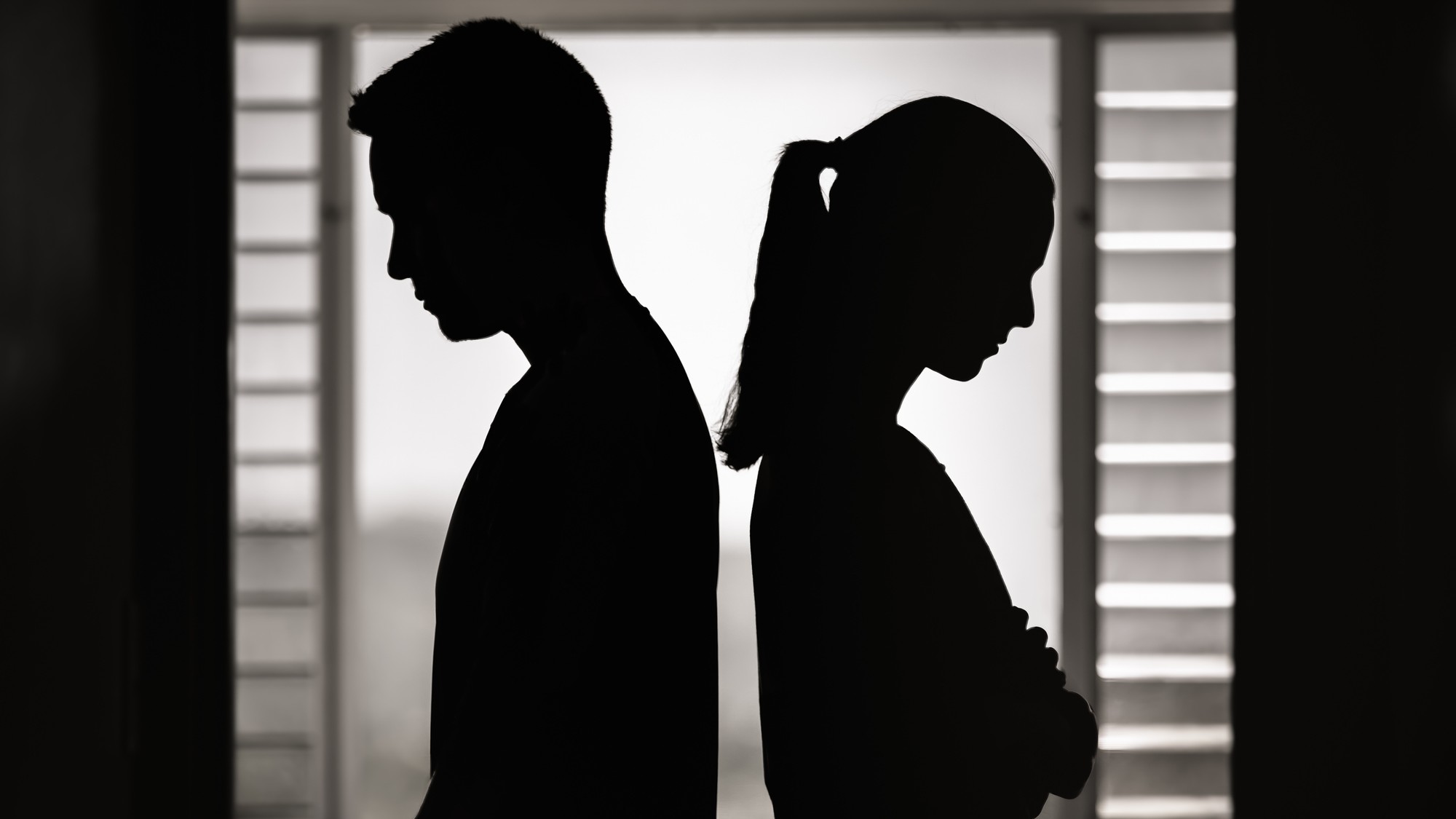 Quiet divorce is sneaking up on older couples
Quiet divorce is sneaking up on older couplesThe explainer Checking out; not blowing up
-
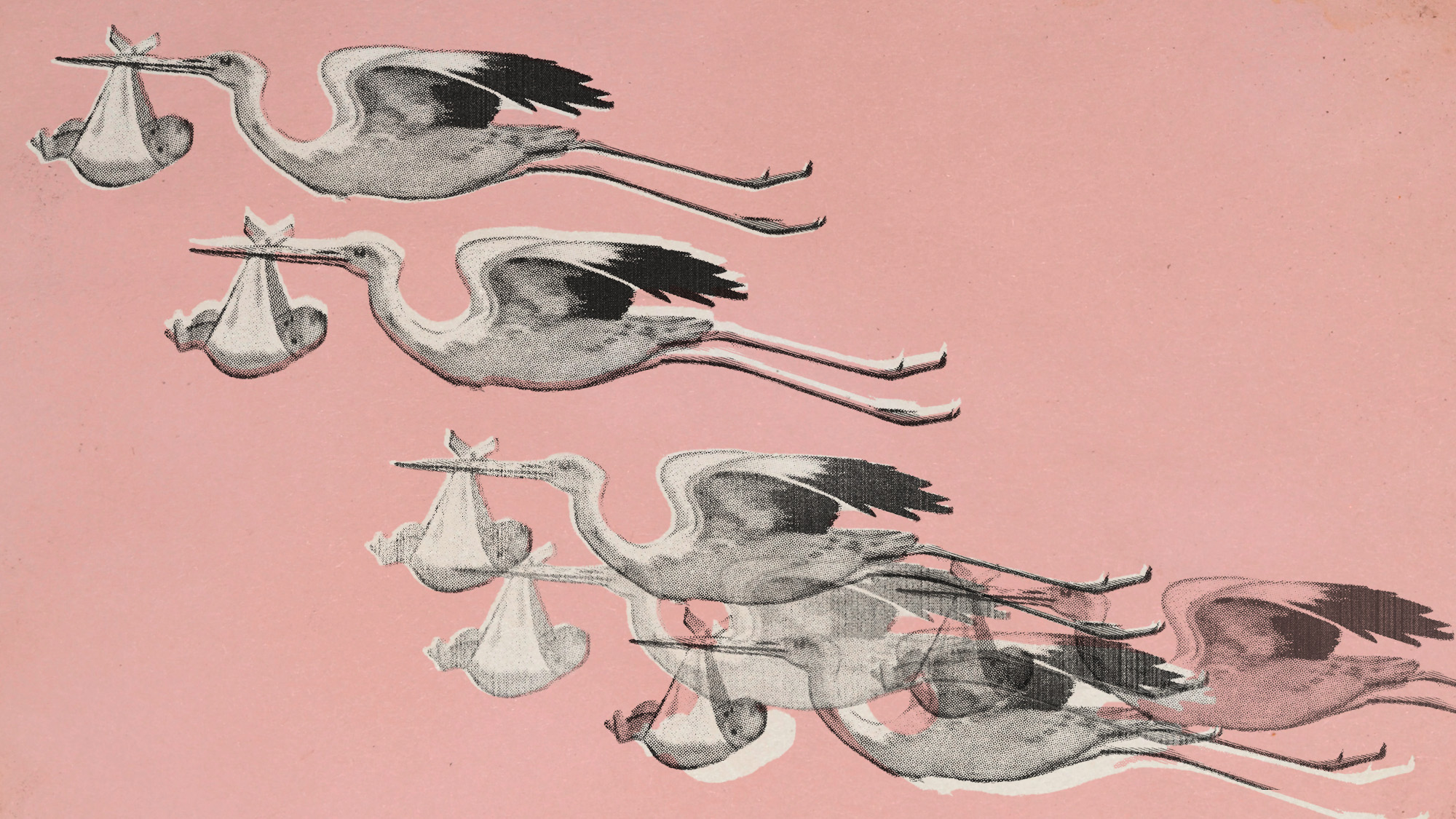 Why Vietnam is dropping its two-child policy
Why Vietnam is dropping its two-child policyUnder The Radar Relaxation of family limit to boost birth rates – but 'baby boom' not certain
-
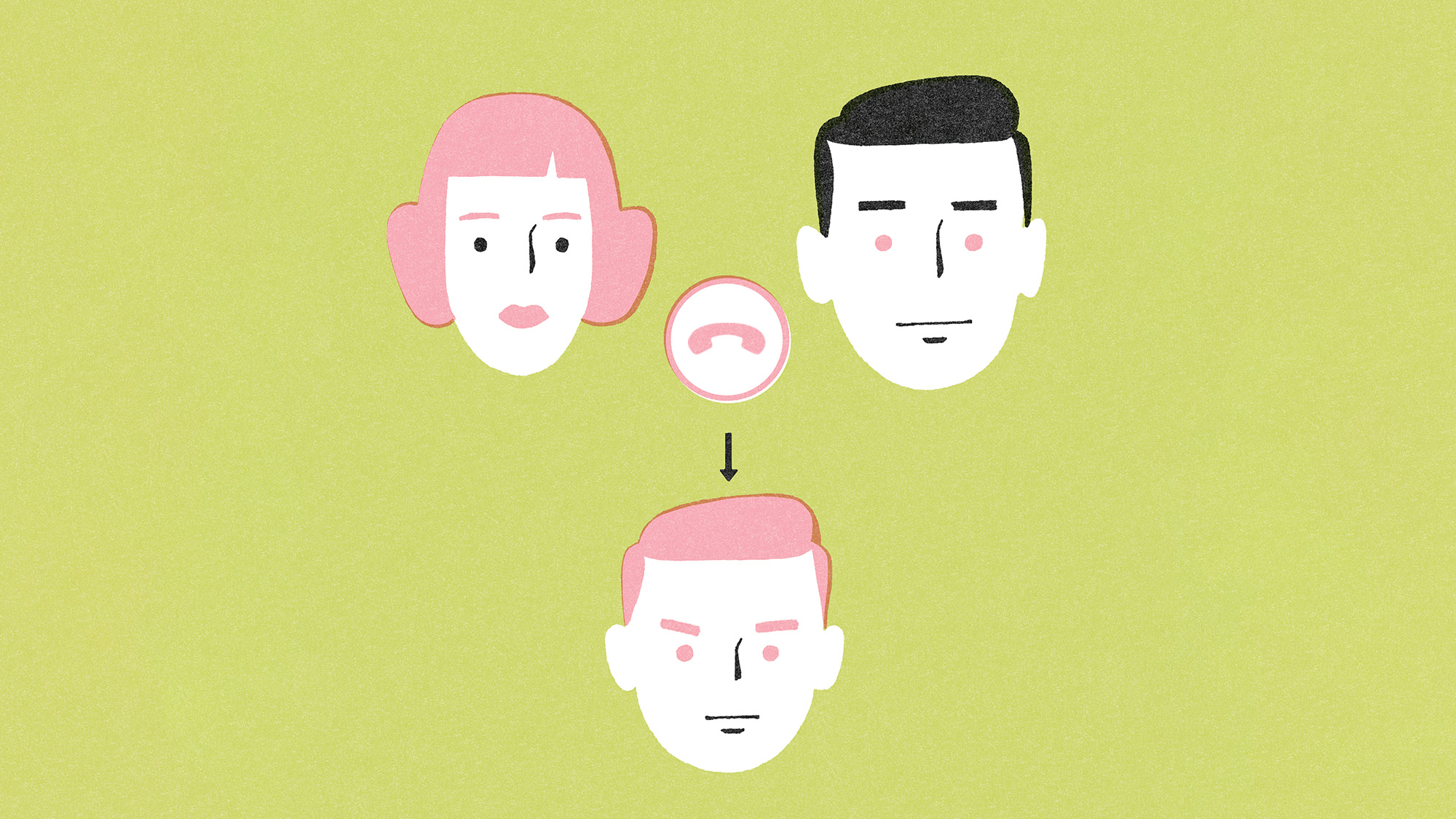 'No contact': Why family estrangement is on the rise for young people
'No contact': Why family estrangement is on the rise for young peopleThe Explainer Young adults are quicker to cut off toxic family members to choose peace
-
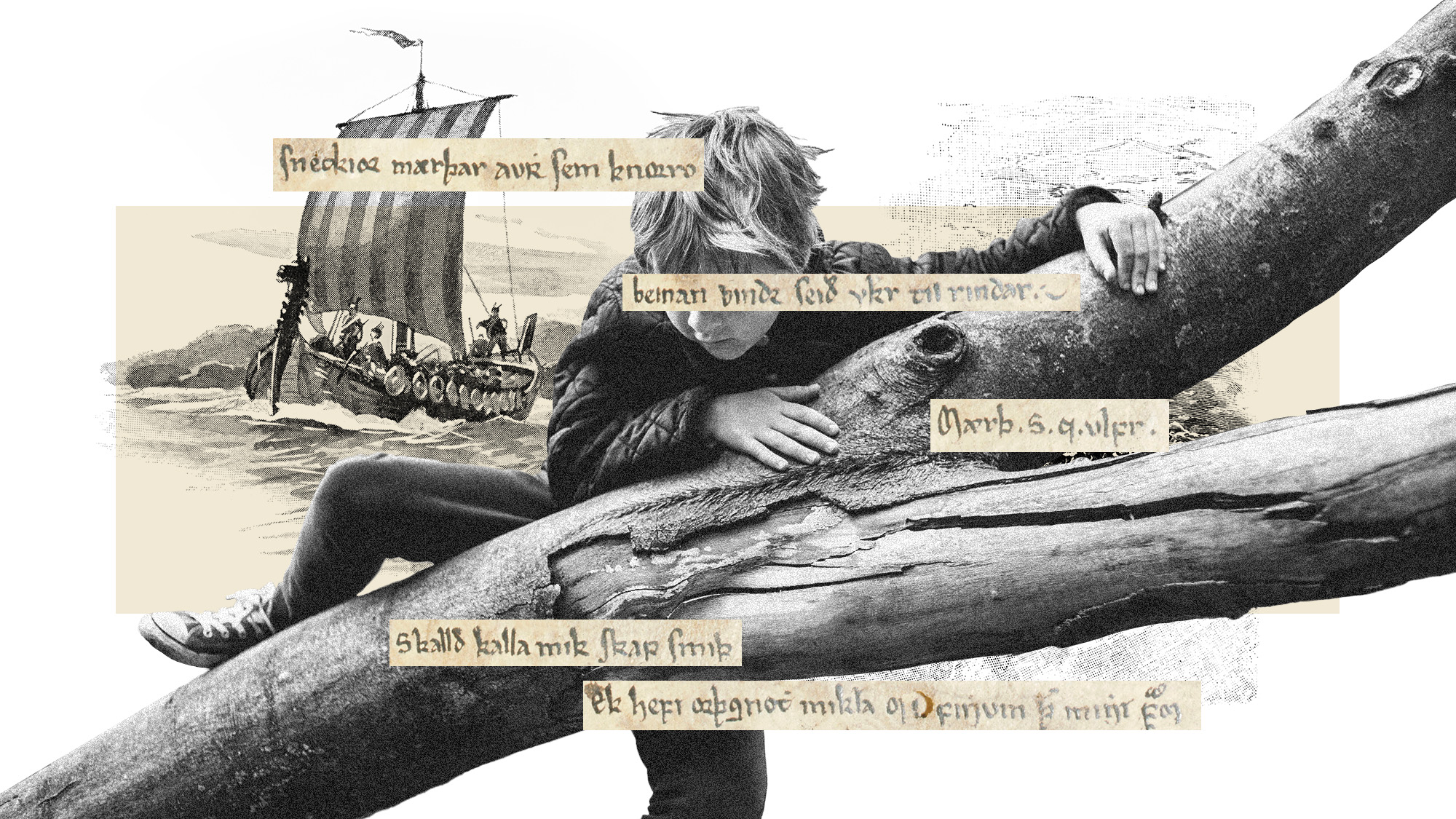 Viking parenting: the Scandi secret to raising happy children?
Viking parenting: the Scandi secret to raising happy children?Under The Radar 'Risky' Danish approach encourages independence in children, but it might not suit all families
-
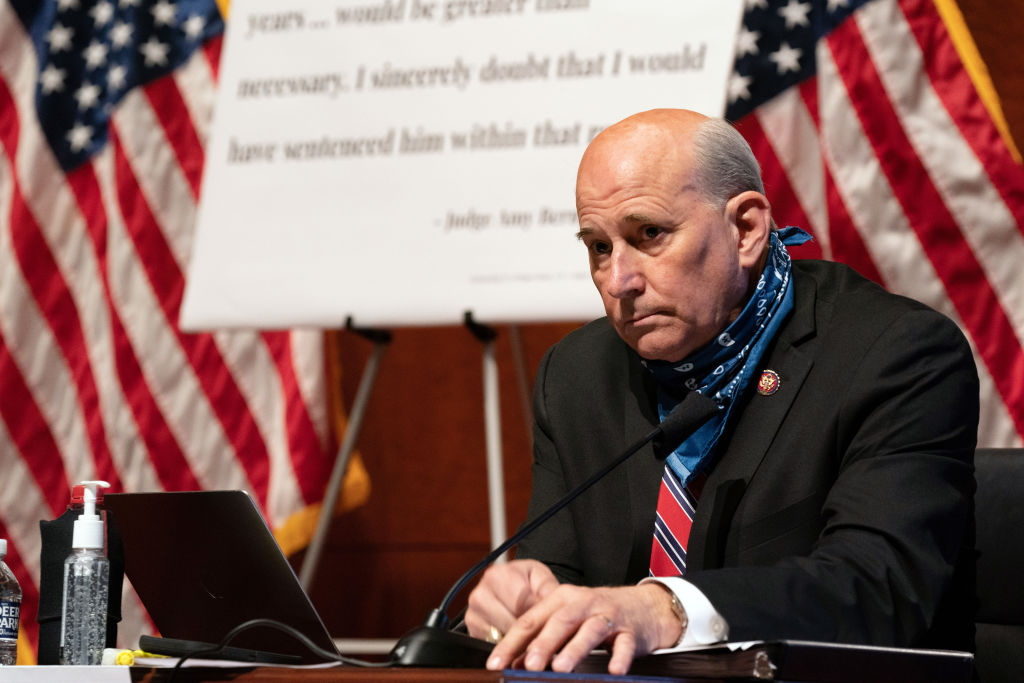 GOP Rep. Louie Gohmert's daughter publicly chides him for ignoring 'medical experts,' getting COVID-19
GOP Rep. Louie Gohmert's daughter publicly chides him for ignoring 'medical experts,' getting COVID-19Speed Read
-
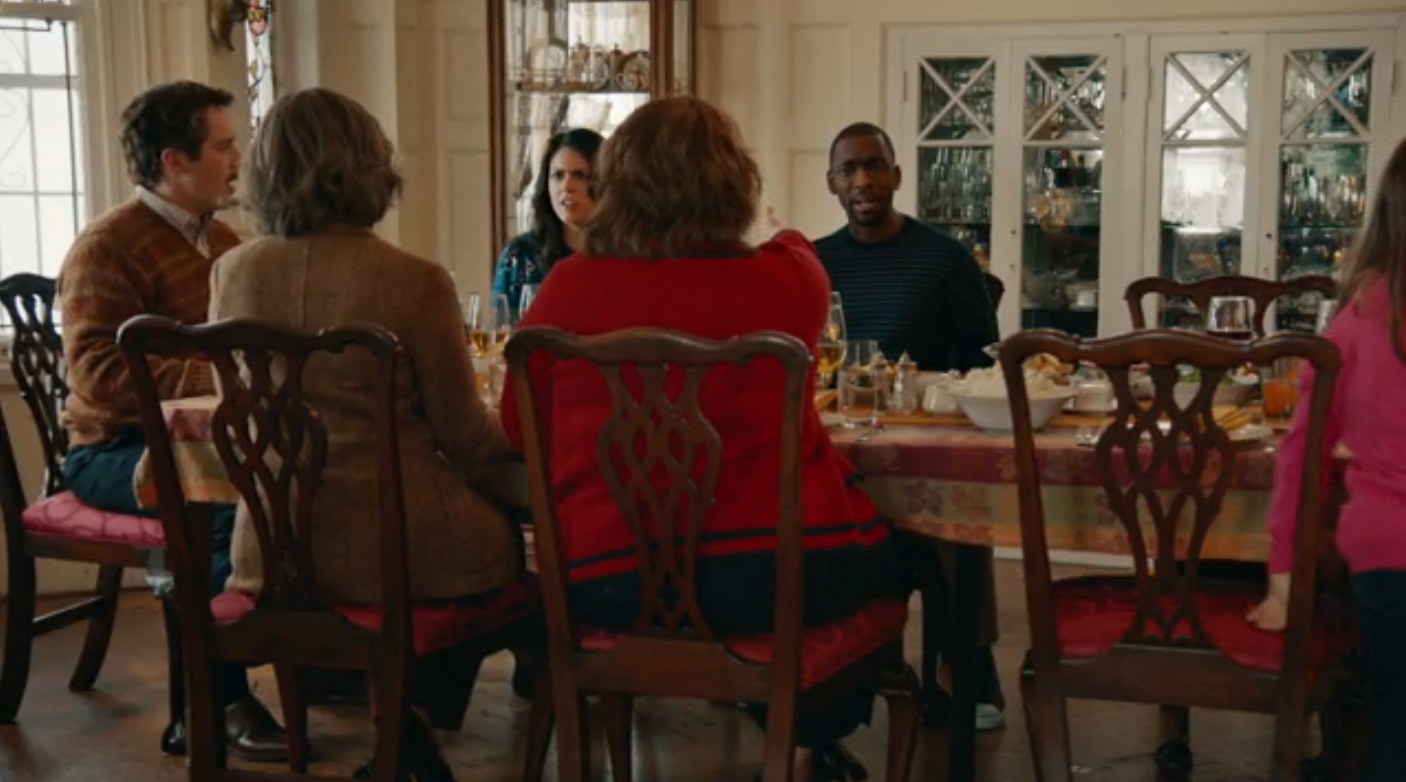 This SNL sketch proves Adele has the power to save your family's awkward Thanksgiving dinner
This SNL sketch proves Adele has the power to save your family's awkward Thanksgiving dinnerSpeed Read
